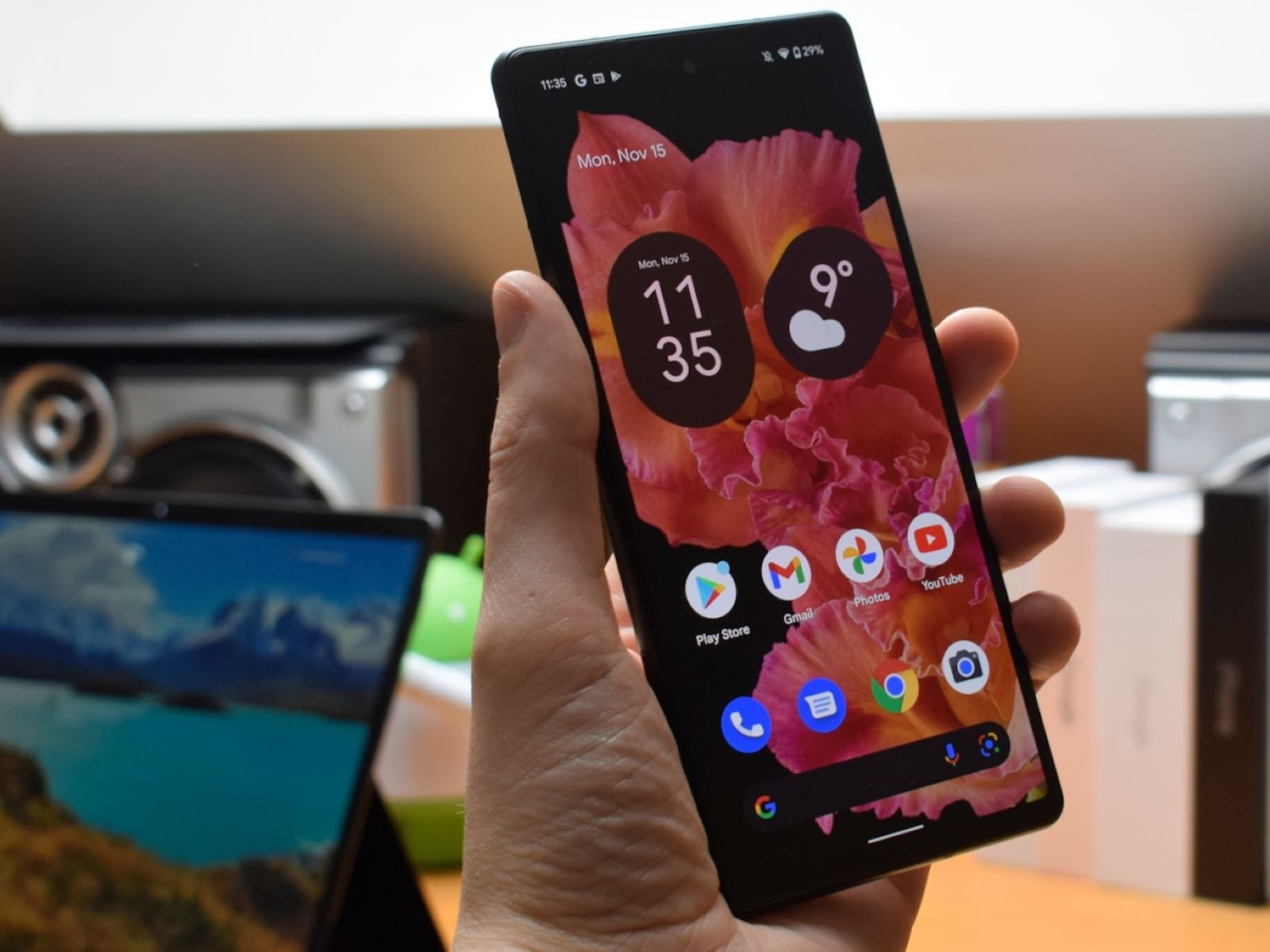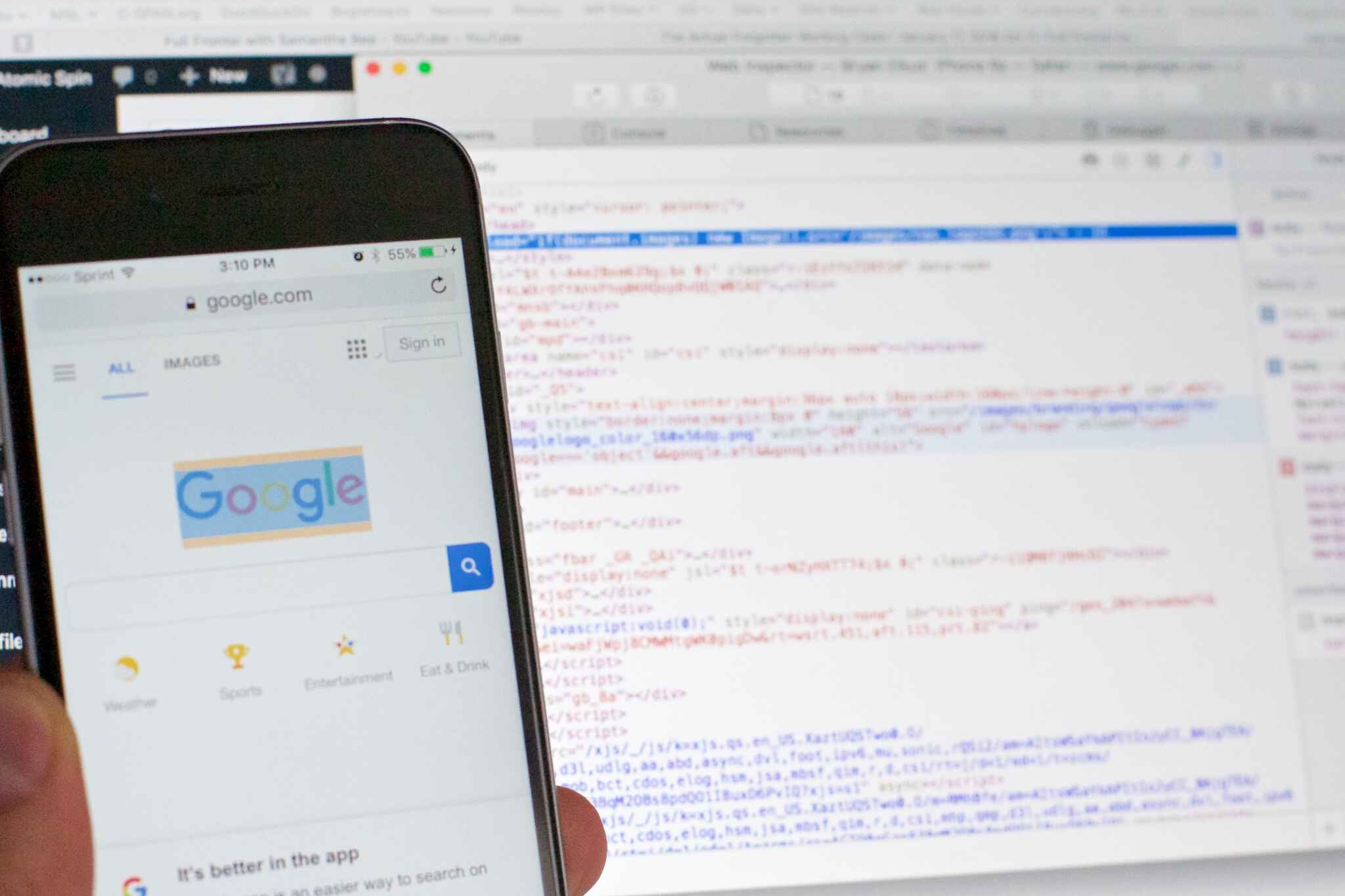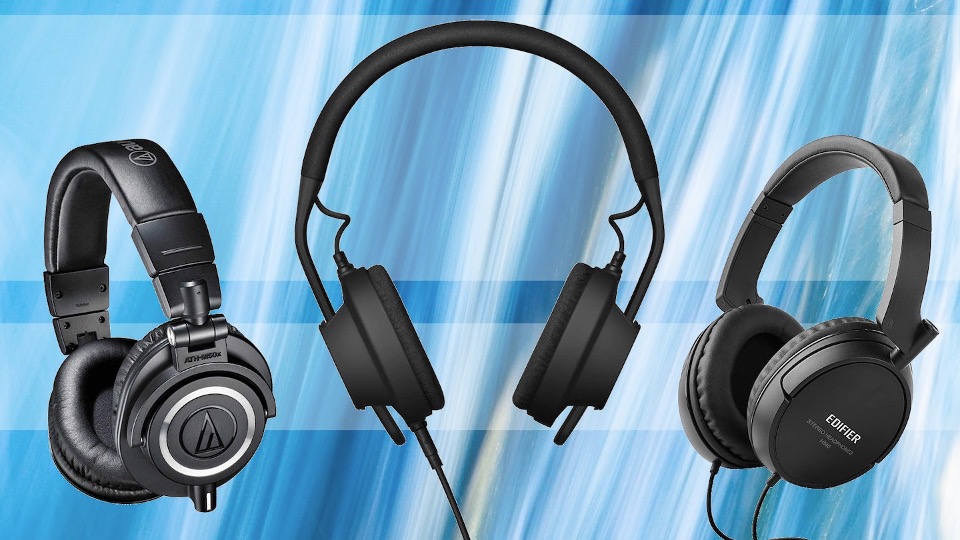Introduction
Realme has emerged as a prominent player in the mobile devices market, offering a wide range of feature-packed smartphones that cater to diverse user needs. As a savvy consumer or tech enthusiast, you may be eager to delve into the nitty-gritty of Realme phones to make informed purchasing decisions or simply to satisfy your curiosity. This comprehensive guide is designed to equip you with the essential knowledge and practical insights to conduct thorough testing of Realme phones, enabling you to assess their hardware, software, camera, battery, and performance with confidence.
By understanding the intricacies of Realme phone testing, you can gain a deeper appreciation for the craftsmanship and innovation that goes into these devices. Whether you are a tech aficionado, a mobile device reviewer, or an everyday user seeking to optimize your smartphone experience, this guide will serve as your go-to resource for unlocking the full potential of Realme phones.
Throughout this guide, we will explore the various facets of Realme phone testing, providing you with a comprehensive framework to evaluate the hardware, software, camera capabilities, battery performance, and overall functionality of these devices. From conducting rigorous performance tests to scrutinizing the intricacies of the camera system, you will gain valuable insights into the quality and capabilities of Realme phones.
As we embark on this journey of exploration and discovery, it is important to approach Realme phone testing with a curious and discerning mindset. By immersing ourselves in the intricacies of these devices, we can uncover the nuances that set Realme phones apart and gain a holistic understanding of their capabilities. So, let's dive into the world of Realme phone testing and unravel the secrets that lie within these innovative and feature-rich devices.
Realme Phone Hardware Testing
When it comes to evaluating the hardware of Realme phones, a meticulous approach is essential to gain a comprehensive understanding of their build quality, design, and physical components. The hardware testing phase involves scrutinizing various aspects, including the construction materials, display quality, build durability, and the overall ergonomic design of the device.
Build Quality and Materials
One of the primary considerations in Realme phone hardware testing is the assessment of build quality and materials. This involves examining the construction materials used, such as glass, metal, or polycarbonate, to gauge the device's durability and aesthetic appeal. By conducting a tactile assessment of the device's exterior, you can discern the quality of craftsmanship and the attention to detail invested in its design.
Display Evaluation
The display is a pivotal component of any smartphone, and Realme phones are renowned for their vibrant and immersive screens. During hardware testing, it is crucial to evaluate the display quality, including factors such as color accuracy, brightness levels, viewing angles, and the overall visual experience. By subjecting the display to various lighting conditions and multimedia content, you can ascertain its performance and suitability for diverse usage scenarios.
Ergonomics and Design
The ergonomic design of a smartphone significantly impacts user comfort and usability. Realme phone hardware testing encompasses an assessment of the device's form factor, weight distribution, button placement, and overall ergonomics. By evaluating how the device feels in hand and its ease of use, you can determine its suitability for prolonged usage and everyday handling.
Connectivity and Ports
Realme phones are equipped with a range of connectivity options and ports, including USB-C, headphone jacks, and SIM card slots. Hardware testing involves verifying the functionality and reliability of these components, ensuring seamless connectivity and compatibility with external devices and accessories. Additionally, assessing the build quality of ports and buttons is crucial to ascertain their longevity and resistance to wear and tear.
Performance and Thermal Management
The hardware testing phase also encompasses performance evaluation and thermal management. By subjecting the device to intensive tasks, such as gaming or multitasking, you can gauge its ability to maintain optimal performance levels without overheating. This involves monitoring temperature levels and assessing the effectiveness of thermal dissipation mechanisms integrated into the device.
In essence, Realme phone hardware testing is a multifaceted process that delves into the intricacies of the device's physical attributes and performance capabilities. By meticulously evaluating build quality, display characteristics, ergonomics, connectivity, and performance, you can gain a holistic understanding of the hardware prowess that defines Realme phones.
Realme Phone Software Testing
Software testing is a critical aspect of evaluating Realme phones, encompassing the examination of the operating system, user interface, pre-installed applications, and overall software performance. Realme phones are powered by the proprietary Realme UI, which is built upon the Android operating system. When conducting software testing, it is essential to delve into the intricacies of the software ecosystem to assess its functionality, user experience, and performance optimization.
User Interface and Navigation
The user interface (UI) of a smartphone plays a pivotal role in shaping the user experience. During software testing, the UI of Realme phones is scrutinized for its intuitiveness, visual appeal, and customization options. This involves assessing the layout of icons, navigation gestures, notification management, and the overall coherence of the interface. By exploring the customization features and system-wide themes offered by Realme UI, users can personalize their device to align with their preferences and style.
Pre-installed Applications and Bloatware
Realme phones come with a suite of pre-installed applications designed to enhance productivity and entertainment. Software testing involves evaluating the utility and relevance of these applications, ensuring that they add value to the user experience without inundating the device with unnecessary bloatware. By examining the performance and usability of pre-installed apps, users can ascertain their contribution to the overall software ecosystem.
System Stability and Performance Optimization
The stability and performance optimization of Realme phones' software are pivotal factors in ensuring a seamless and responsive user experience. Software testing encompasses rigorous performance assessments, including multitasking capabilities, app launch times, and system responsiveness. By subjecting the device to diverse usage scenarios, such as gaming, media consumption, and productivity tasks, users can gauge the software's ability to deliver consistent performance without lags or hiccups.
Software Updates and Security
Realme is committed to providing regular software updates to enhance the functionality and security of its devices. During software testing, it is imperative to evaluate the frequency and reliability of software updates, as well as the effectiveness of security patches and vulnerability mitigation. By staying abreast of the latest software updates, users can ensure that their Realme phones are equipped with the latest features, performance enhancements, and security protocols.
Customization and Productivity Features
Realme UI offers a plethora of customization options and productivity features aimed at empowering users to tailor their smartphone experience to suit their unique preferences and workflow. Software testing involves exploring these customization tools, productivity enhancements, and system-level optimizations to unlock the full potential of Realme phones. By leveraging features such as split-screen multitasking, smart sidebar, and gesture controls, users can optimize their productivity and multitasking capabilities.
In essence, Realme phone software testing is a comprehensive process that delves into the intricacies of the software ecosystem, user interface, performance optimization, and feature set. By meticulously evaluating the software's stability, usability, and customization options, users can gain a profound understanding of the software prowess that defines Realme phones.
Realme Phone Camera Testing
Realme phones are renowned for their impressive camera capabilities, offering users a versatile and feature-rich photography experience. When it comes to camera testing, a meticulous approach is essential to unravel the nuances of Realme phone cameras and assess their performance across diverse shooting scenarios. From capturing stunning landscapes to immortalizing precious moments, the camera testing phase delves into the intricacies of imaging technology, software enhancements, and overall photographic prowess.
Imaging Quality and Sensor Performance
The cornerstone of Realme phone camera testing lies in evaluating the imaging quality and sensor performance. This involves scrutinizing factors such as color accuracy, dynamic range, low-light performance, and the ability to capture intricate details. By subjecting the camera to various lighting conditions and subject matters, users can gauge its ability to deliver captivating and true-to-life images. Additionally, assessing the sensor's responsiveness to rapid movements and varying focal lengths provides insights into its versatility and adaptability.
AI-Powered Features and Scene Recognition
Realme phones integrate AI-powered features and scene recognition capabilities to enhance the photography experience. During camera testing, it is crucial to explore the effectiveness of AI scene recognition in identifying and optimizing settings for diverse shooting scenarios. From food photography to portrait mode, the AI engine's ability to intelligently enhance images and optimize settings plays a pivotal role in elevating the overall photography experience.
Video Recording and Stabilization
In addition to capturing still images, Realme phone camera testing encompasses the evaluation of video recording capabilities and stabilization mechanisms. This involves assessing the device's ability to record high-quality videos with stable footage, clear audio capture, and versatile shooting modes. By subjecting the camera to dynamic movement and challenging lighting conditions, users can ascertain its prowess in delivering cinematic and professional-grade video content.
Portrait Mode and Bokeh Effects
Portrait mode and bokeh effects are integral features of Realme phone cameras, allowing users to capture stunning portraits with artistic background blur. Camera testing involves scrutinizing the accuracy and naturalness of bokeh effects, as well as the precision of edge detection in portrait mode. By capturing a diverse range of portrait subjects and analyzing the quality of background blur, users can gauge the camera's ability to deliver compelling and visually striking portraits.
Macro Photography and Close-Up Performance
Realme phones are equipped with macro photography capabilities, enabling users to capture intricate details and close-up shots with stunning clarity. Camera testing encompasses evaluating the camera's ability to focus on minute subjects, capture fine textures, and deliver impressive macro imagery. By exploring the device's macro mode in various settings, users can unleash their creativity and delve into the captivating world of close-up photography.
In essence, Realme phone camera testing is a comprehensive exploration of the device's imaging prowess, AI-powered features, video recording capabilities, and creative photography modes. By immersing oneself in the intricacies of camera testing, users can unlock the full potential of Realme phone cameras and unleash their creativity to capture breathtaking moments with unparalleled clarity and artistry.
Realme Phone Battery Testing
Realme phones are renowned for their robust battery performance, providing users with reliable power to fuel their daily endeavors. When it comes to battery testing, a meticulous approach is essential to evaluate the endurance, charging capabilities, and overall battery optimization of Realme devices.
Battery Endurance and Usage Scenarios
The cornerstone of Realme phone battery testing lies in assessing the device's endurance across diverse usage scenarios. This involves subjecting the device to real-world usage patterns, including multimedia consumption, gaming sessions, productivity tasks, and communication activities. By simulating a range of usage scenarios, users can gauge the device's ability to sustain prolonged usage without requiring frequent recharging. Additionally, evaluating the device's standby time and power consumption in idle mode provides insights into its efficiency and battery optimization.
Fast Charging and Power Efficiency
Realme phones are equipped with fast charging technologies that enable users to replenish their device's battery swiftly. During battery testing, it is imperative to assess the effectiveness of fast charging mechanisms, such as VOOC or Dart Charge, in rapidly refueling the device's battery. Furthermore, evaluating the device's power efficiency and heat dissipation during charging ensures a seamless and safe charging experience. By monitoring charging times and temperature levels, users can ascertain the device's charging prowess and its ability to sustain prolonged battery health.
Battery Optimization and Adaptive Power Management
Realme phones integrate adaptive power management features to optimize battery usage and enhance overall longevity. Battery testing encompasses scrutinizing the device's power-saving modes, intelligent background app management, and adaptive brightness controls to assess their impact on battery performance. By exploring the effectiveness of power optimization features in extending battery life without compromising user experience, users can maximize the device's endurance and minimize unnecessary power consumption.
Battery Longevity and Degradation Mitigation
Over time, the longevity and health of a smartphone's battery become pivotal factors in sustaining optimal performance. Realme phone battery testing involves evaluating the device's battery longevity, degradation mitigation strategies, and overall resilience to prolonged usage. By monitoring the device's battery health metrics and assessing its ability to maintain consistent performance over extended periods, users can gain confidence in the device's long-term battery reliability.
In essence, Realme phone battery testing is a comprehensive exploration of the device's endurance, charging capabilities, power efficiency, and adaptive power management. By immersing oneself in the intricacies of battery testing, users can gain valuable insights into the robustness and reliability of Realme phone batteries, empowering them to make informed decisions and optimize their smartphone usage experience.
Realme Phone Performance Testing
Realme phones are revered for their exceptional performance capabilities, seamlessly catering to the diverse needs of modern smartphone users. When it comes to performance testing, a comprehensive approach is essential to evaluate the device's processing prowess, multitasking capabilities, gaming performance, and overall responsiveness.
Processing Power and Multitasking
The cornerstone of Realme phone performance testing lies in assessing the device's processing power and multitasking capabilities. This involves subjecting the device to intensive tasks, such as app launch times, multitasking scenarios, and system responsiveness. By scrutinizing the device's ability to swiftly execute tasks and seamlessly transition between applications, users can gauge its processing efficiency and multitasking prowess.
Gaming Performance and Graphics Rendering
Realme phones are tailored to deliver immersive gaming experiences, characterized by smooth frame rates, responsive touch controls, and vibrant graphics rendering. During performance testing, it is imperative to evaluate the device's gaming performance across a spectrum of popular titles, assessing factors such as frame rates, thermal management during extended gaming sessions, and the overall gaming experience. By immersing oneself in the captivating world of mobile gaming, users can unleash the device's gaming potential and experience seamless and exhilarating gameplay.
Benchmarking and Synthetic Tests
Performance testing also encompasses benchmarking the device's performance using industry-standard tools and synthetic tests. By subjecting the device to benchmarks such as AnTuTu, Geekbench, and 3DMark, users can obtain quantitative insights into its processing power, graphics rendering capabilities, and overall performance metrics. Additionally, synthetic tests enable users to compare the device's performance against industry benchmarks and gain a comprehensive understanding of its computational prowess.
System Optimization and Resource Management
Realme phones integrate advanced system optimization mechanisms and resource management features to ensure optimal performance and efficiency. Performance testing involves scrutinizing the device's resource allocation, RAM management, and background app handling to assess its ability to deliver a seamless and responsive user experience. By exploring the device's system-level optimizations, users can unlock its potential for sustained performance across diverse usage scenarios.
In essence, Realme phone performance testing is a holistic exploration of the device's processing power, gaming performance, benchmark metrics, and system-level optimizations. By immersing oneself in the intricacies of performance testing, users can gain valuable insights into the device's computational prowess and its ability to deliver a seamless and responsive user experience across diverse usage scenarios.
Conclusion
In conclusion, the comprehensive testing of Realme phones unveils a myriad of insights into the hardware, software, camera, battery, and performance aspects of these innovative devices. By meticulously evaluating the build quality, display characteristics, ergonomics, and connectivity options, users can gain a profound understanding of the hardware prowess that defines Realme phones. Furthermore, delving into the intricacies of Realme UI, pre-installed applications, system stability, and customization features provides a holistic perspective on the software ecosystem that powers these devices.
The camera testing phase unravels the remarkable imaging quality, AI-powered features, video recording capabilities, and macro photography prowess of Realme phone cameras, empowering users to capture breathtaking moments with unparalleled clarity and artistry. Additionally, the robust battery performance, fast charging capabilities, adaptive power management, and longevity mitigation strategies underscore the reliability and endurance of Realme phone batteries, ensuring seamless and uninterrupted usage experiences.
Lastly, the performance testing phase showcases the exceptional processing power, multitasking capabilities, gaming performance, and system-level optimizations that define the computational prowess of Realme phones. By immersing oneself in the intricacies of performance testing, users can gain valuable insights into the device's ability to deliver a seamless and responsive user experience across diverse usage scenarios.
In essence, the comprehensive Realme phone testing guide equips users with the essential knowledge and practical insights to make informed decisions, optimize their smartphone usage, and unleash the full potential of Realme devices. Whether you are a tech enthusiast, a photography aficionado, or a mobile gaming enthusiast, this guide serves as a valuable resource for unraveling the secrets that lie within Realme phones, empowering you to embark on a journey of exploration and discovery in the captivating world of mobile technology.

























